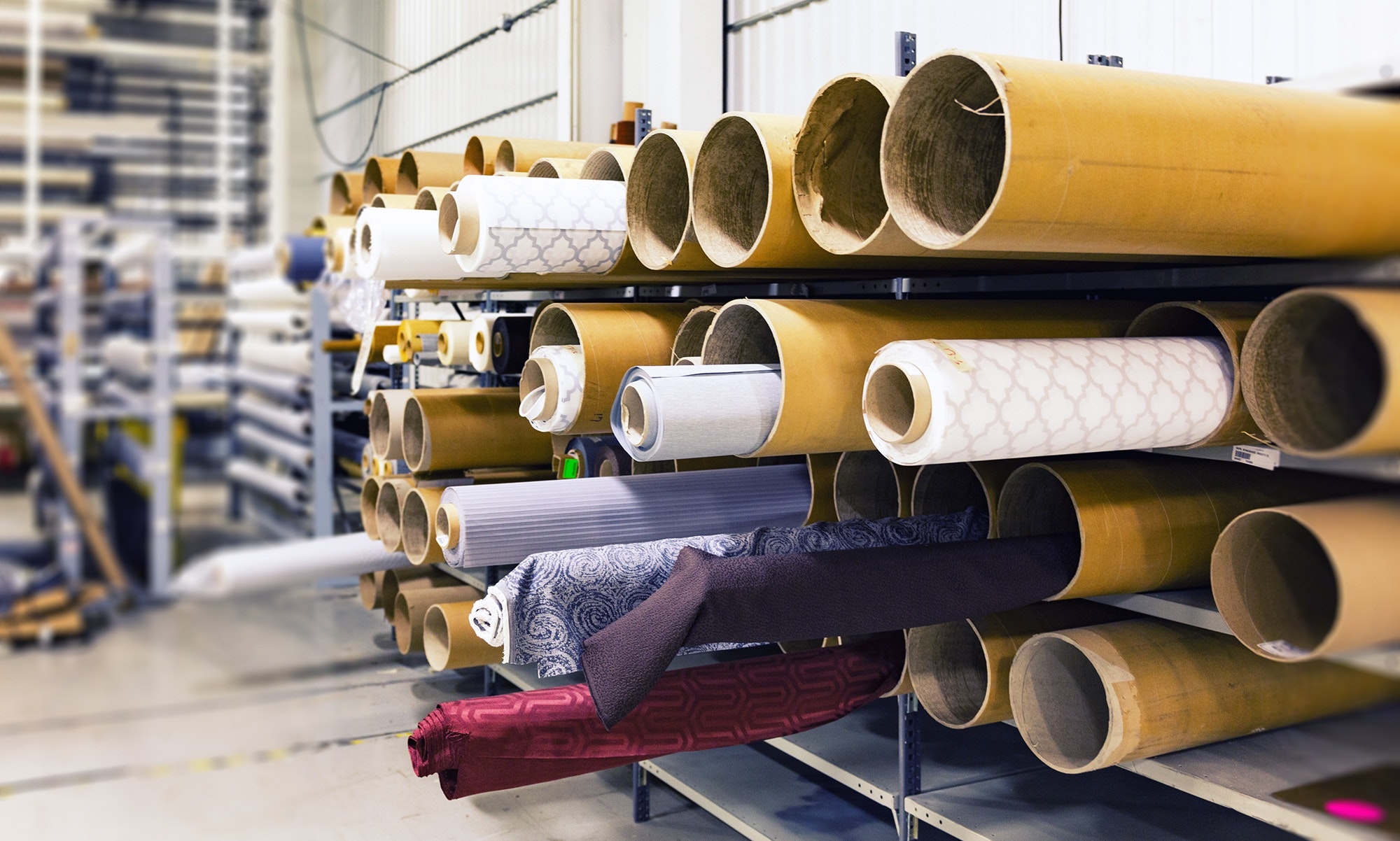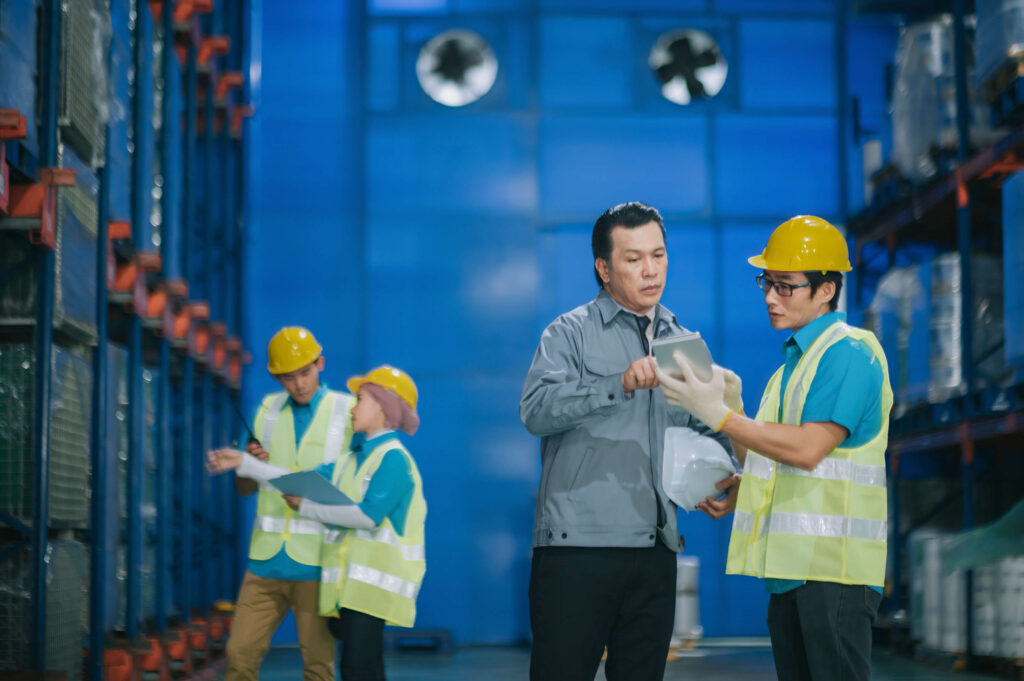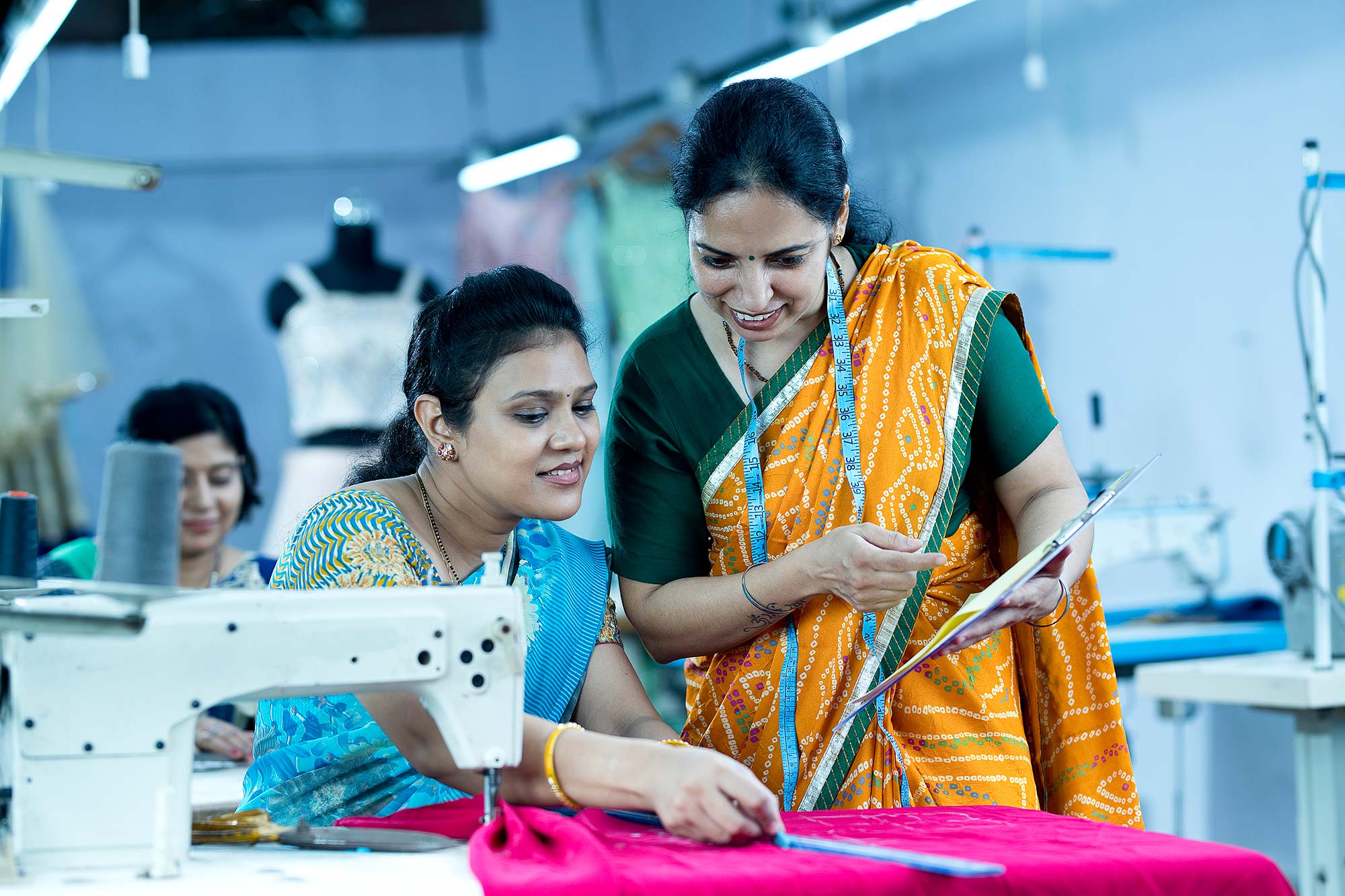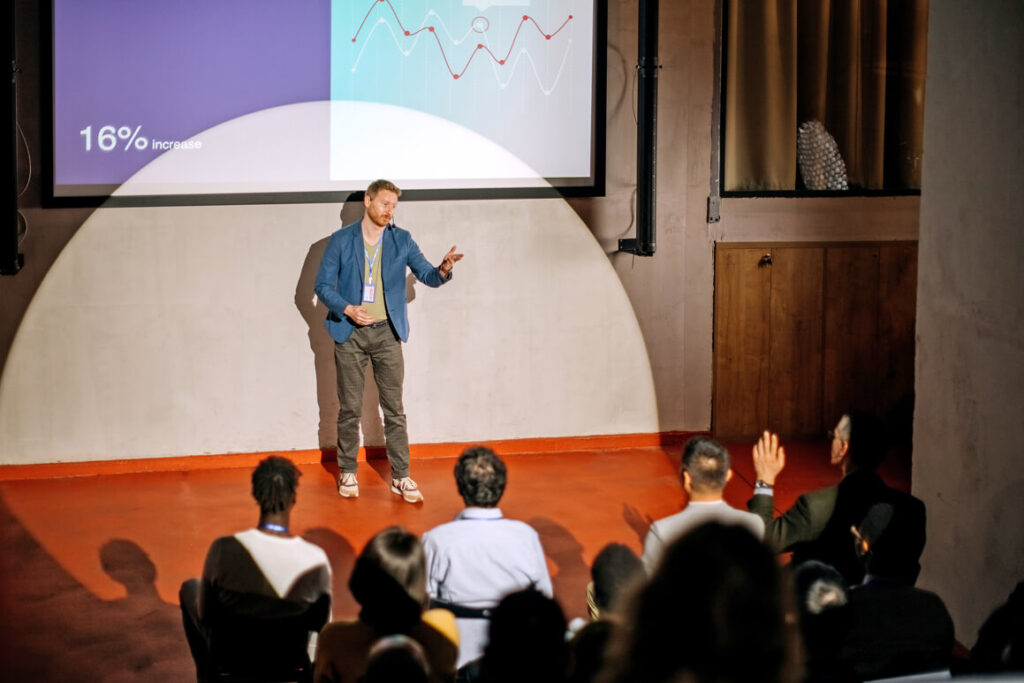A WRAP certification affirms that a production unit consistently abides by all applicable laws and best practices. We work with facilities at the ground level to bolster their compliance standing and support the long-term success of their businesses, while protecting the liberties of workers and safeguarding our environment. Our independent, third-party approach promotes accountability, transparency, and objectivity.
Every WRAP-certified facility has undergone an intensive social compliance audit verifying it abides by our 12 Principles, which are based on local laws and internationally recognized standards. Unlike other programs, WRAP provides annual, independent determinations of each facility’s standing and incorporates risk-focused reviews after certification to confirm continued compliance. We also train buyer and manufacturer staff on critical subject matters and educate the next generation of social compliance auditors about best practices, evolving regulations, and the ever-changing landscape of responsible production.
Today, there are more than 3.25 million workers employed in over 3,500 WRAP-certified facilities around the world. These facilities meet the expectations of hundreds of leading brands and retailers, experience reduced audit fatigue, and enhance their competitiveness in the global market.
12 Principles
The principles that shape our social compliance program are based on generally accepted international workplace standards, local laws, and workplace regulations.
WRAP’s standard-setting process
Designed to be flexible and proactive, WRAP conducts thorough reviews of its certification program every two years and makes updates as needed, ensuring it is constantly adapting to the evolving social compliance landscape.
Our history
Concerns over workers’ rights amid allegations of sweatshop conditions in global manufacturing revealed a need for a social compliance program free of influence from special interests, lobbying, and profit motives.
How WRAP can help
Raising standards for social compliance
WRAP’s training and certification create a world where supply chains are responsible, accountable, sustainable, and transparent.
WRAP
for facilities
Attract buyers, reduce fatigue
Brands and retailers need to verify traceability and visibility within their supply chains. A WRAP certificate assures buyers your facility meets their standards. As a recognized symbol of social and ethical standards, it demonstrates your facility obeys the laws of your country, treats your workers with dignity and respect, and is conscious of the impact your operations have on the environment. A WRAP certification raises your facility’s profile in the eyes of brands and retailers.
Additionally, we understand the impact of audit fatigue on factories and their workforces. Our certificate satisfies hundreds of prominent buyers across the globe, reducing the number of audits your facility needs to undergo each year and allowing workers to focus on day-to-day operations.
WRAP
for buyers
Secure supply chain integrity
Monitoring a global supply chain requires significant resources of time, money, and staff. WRAP maintains your supply chain’s integrity in efficient and cost-effective ways.
WRAP certification is globally recognized as proof of social compliance. We only certify individual production units, allowing our auditors on-the-ground experience of each facility’s day-to-day operations. Working with WRAP-certified factories saves you time and money, and gives you confidence that your manufacturing partners meet social and ethical standards.
WRAP
for supply chain professionals
Gain insights to inform decisions
Social compliance is a critical concern for supply chain professionals. For most buyers, it is a threshold issue before engaging a production facility as a sourcing partner.
As the world progresses towards more advanced traceability and social compliance standards, it is paramount to remain informed about evolving developments and trends in responsible sourcing. WRAP drives the industry conversation to inform decision-makers and raise social compliance standards.

Symphonization
Symphonization calls for brands and retailers to embrace an approach to audits that reduces audit fatigue and provides alignment with their current status in their social compliance journey. Learn how you can benefit from symphonization.




